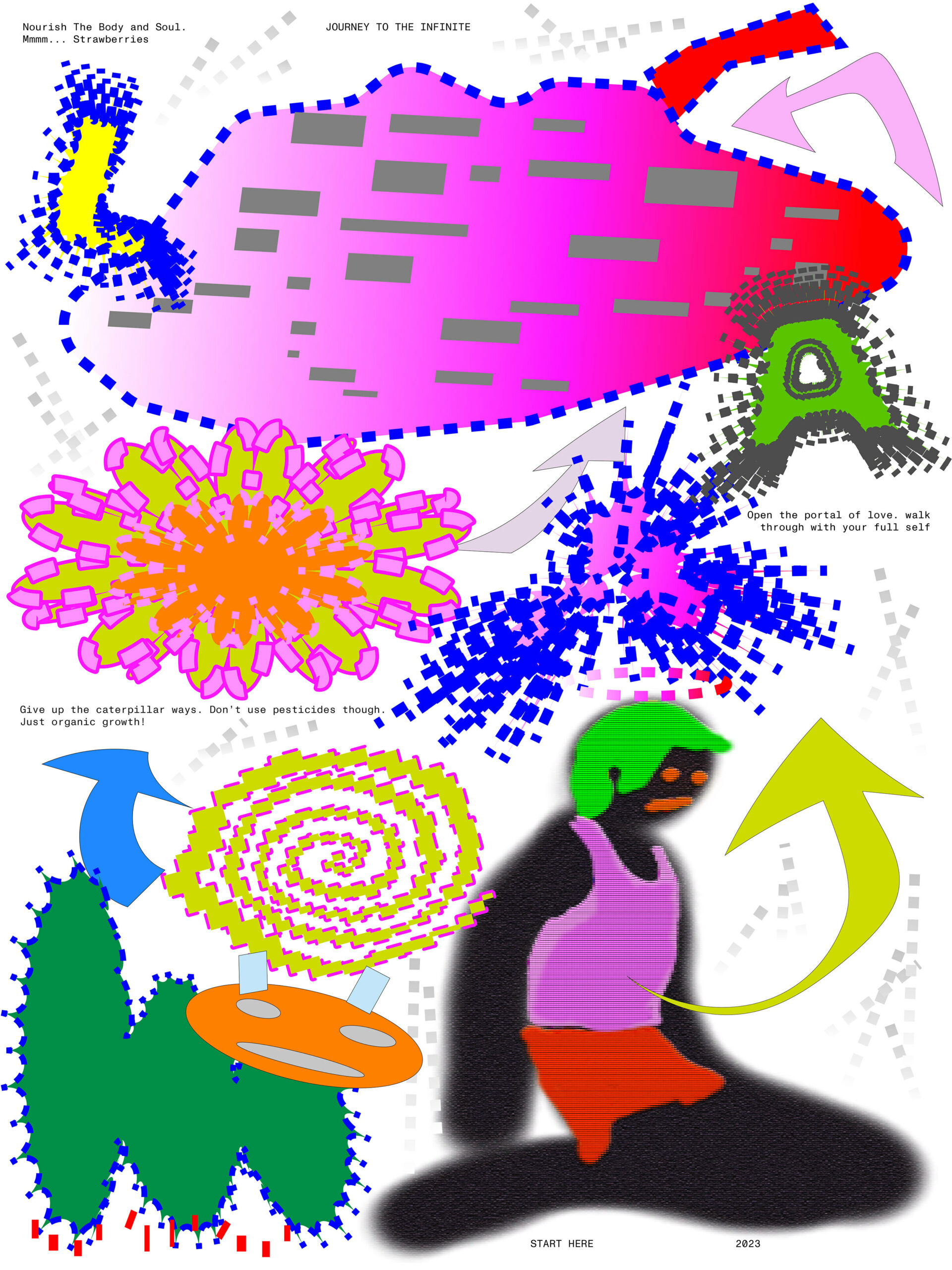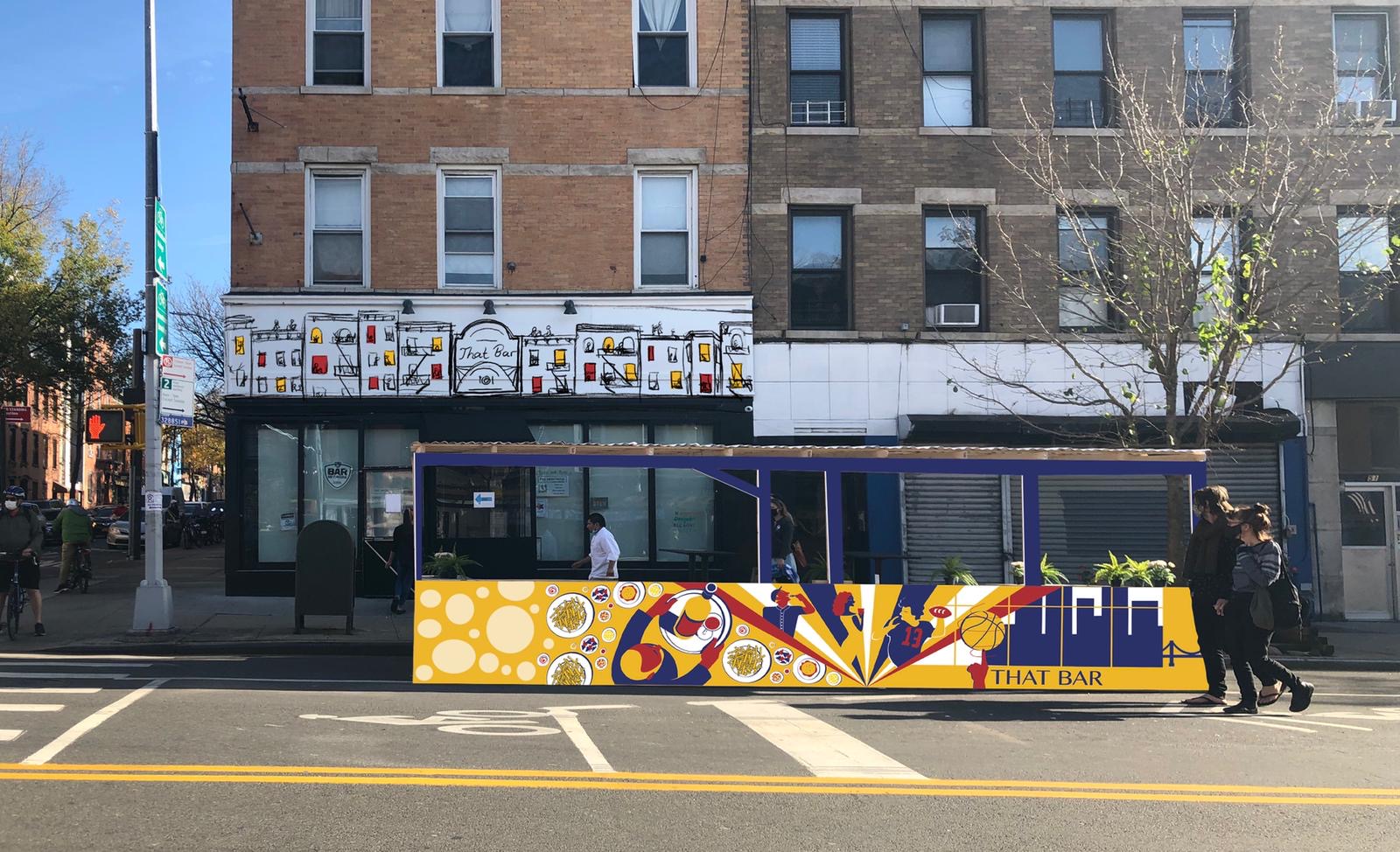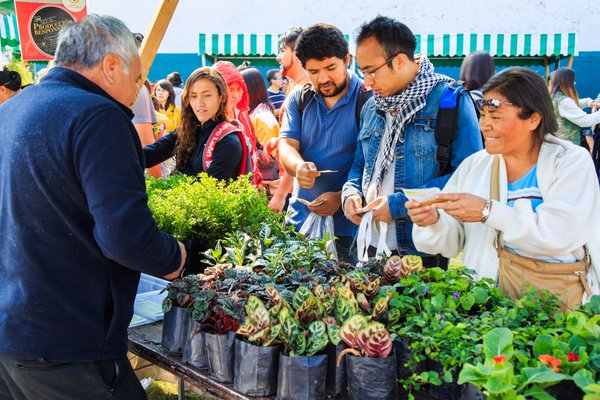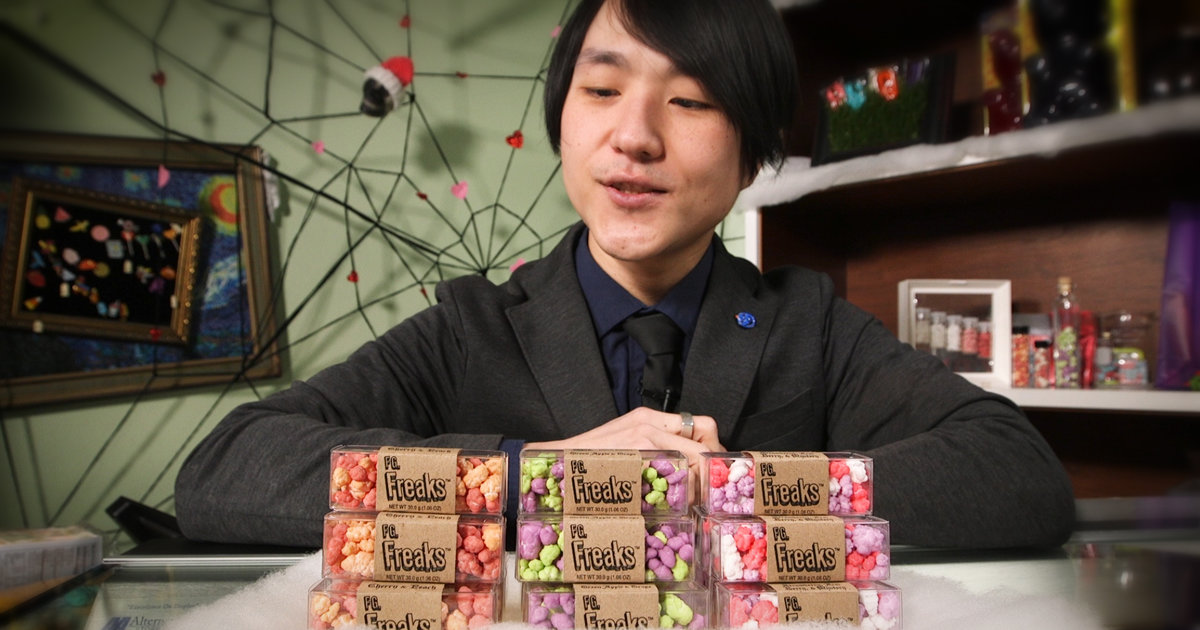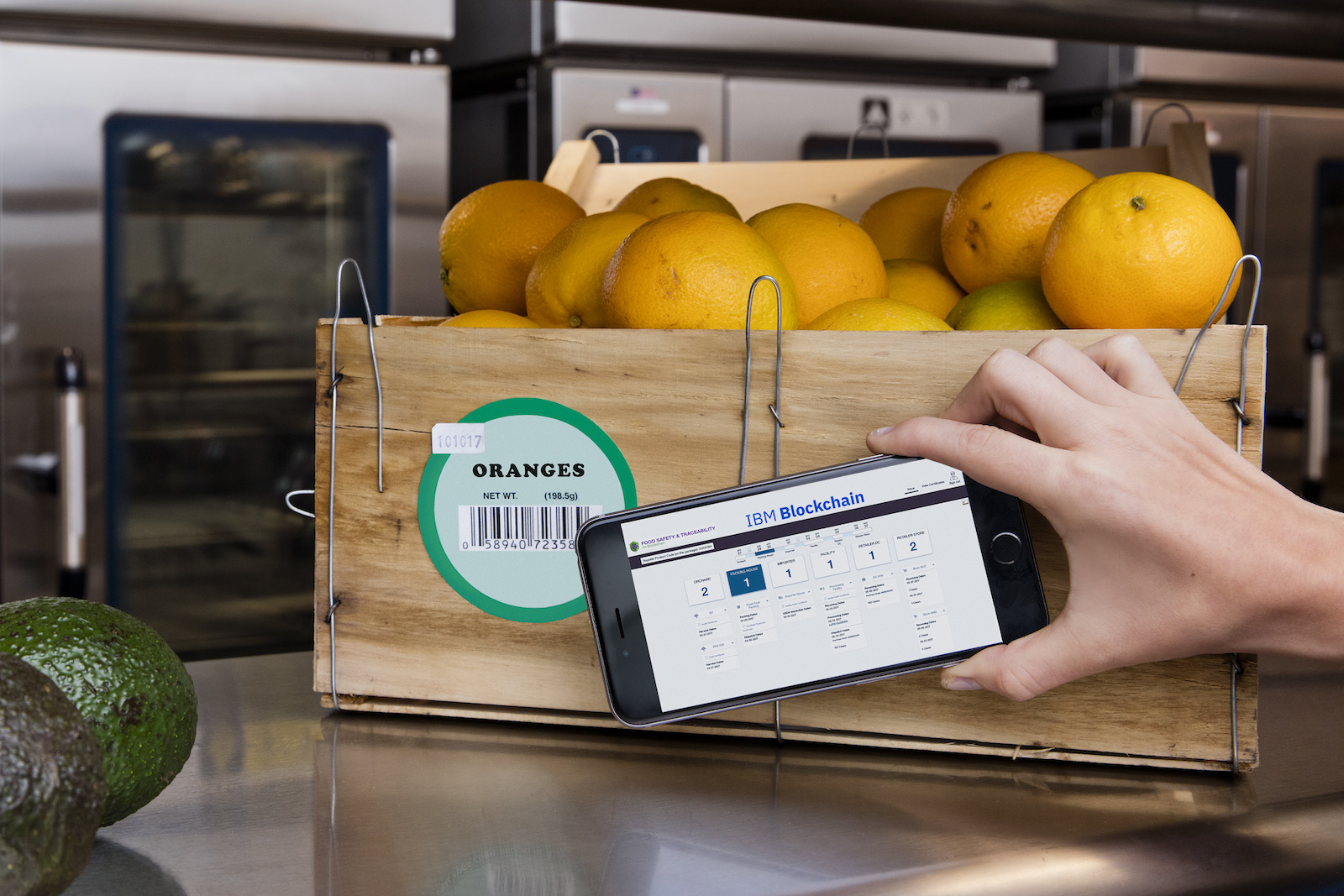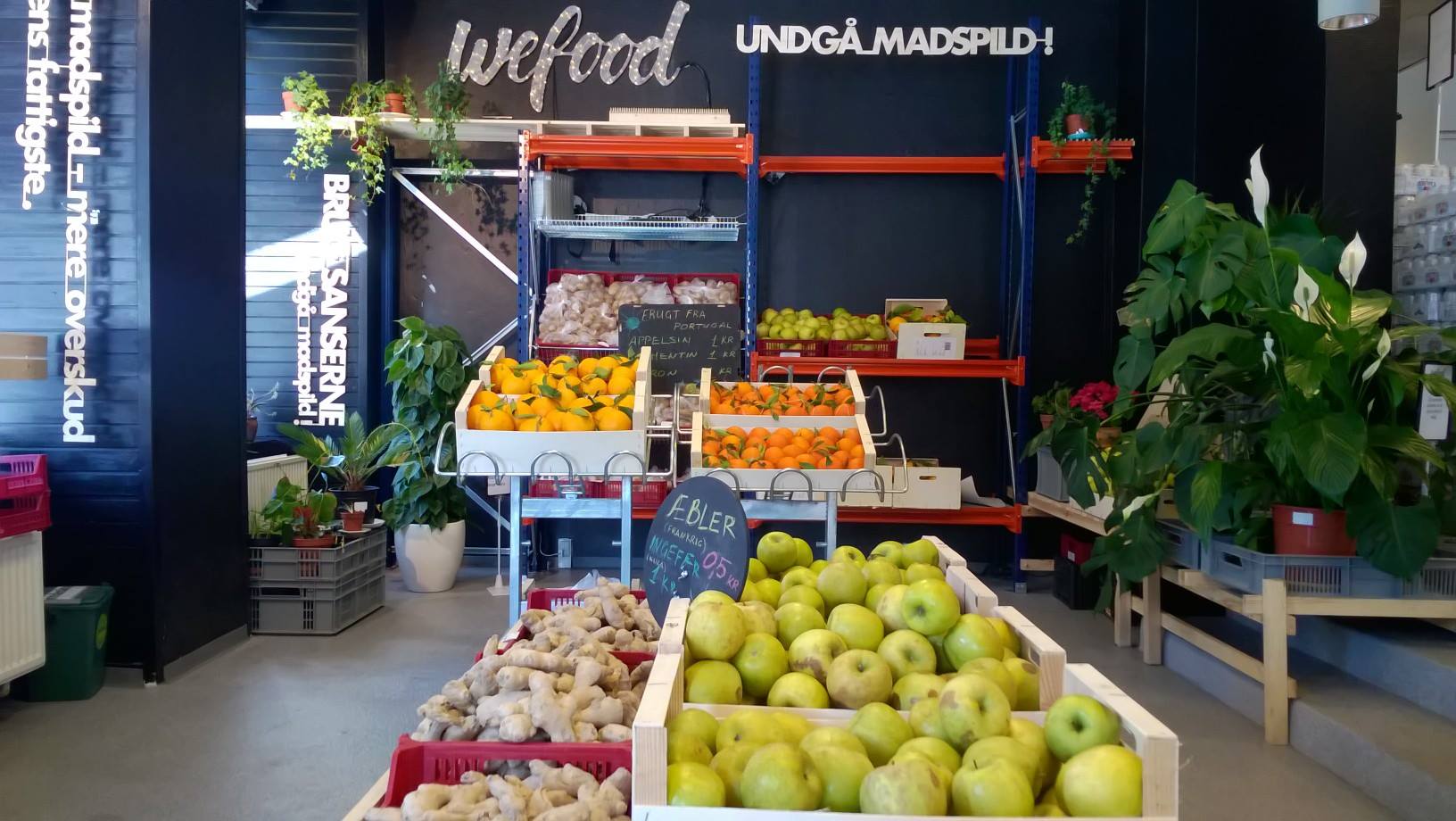From now until January, bodega visitors in Brooklyn and the Bronx will notice a new addition to several of their regular spots. “My Deli” in the Bronx, Don Polo Meat Market in Cypress Hills, and Gourmet Deli in Bushwick will now be home to Plantega coolers, offering a variety of plant-based and vegan products for purchase.
Plantega serves as a collaboration between bodega owners, EFFECT Partners, a “social change incubator” based in Minneapolis, Erick Castro of @HowToBeVeganInTheHood, the artist D.J Cavem who primarily does “eco hip-hop”, Nil Zaccharias, an author and podcaster, and Parfait Studio, a vegan graphic design shop. The project aims to increase the access to plant-based products in neighborhoods where they are typically unavailable or too expensive.

“Access is geography. These [plant-based] products are not in the places where [residents of these neighborhoods] shop every day. Additionally, [residents] may not be able to access these products because of a cost barrier–it’s too expensive,” Chris Chamberlin, the President of EFFECT Partners said. “When we say access it’s really those two issues. Let’s bring these products directly into these retail environments—into these stores where folks are frequenting—but also work it out with the brands so the products can be offered at a price point that’s more accessible to [those in the community].” The Plantega team also aims to work with owners of the bodegas to ensure that the selling prices are sustainable for the retailers as well.

Brands like Beyond Meat, Just, Miyoko’s, No Evil Foods, and Tofurky are among those participating. Chamberlin says that the Plantega group wanted to feature well-known brands that would have the resources to participate and be recognizable to customers.
Plantega aims to serve as a kind of research project, providing usable data to those in the plant-based community about what works when it comes to providing access to lower income and primarily BIPOC neighborhoods.
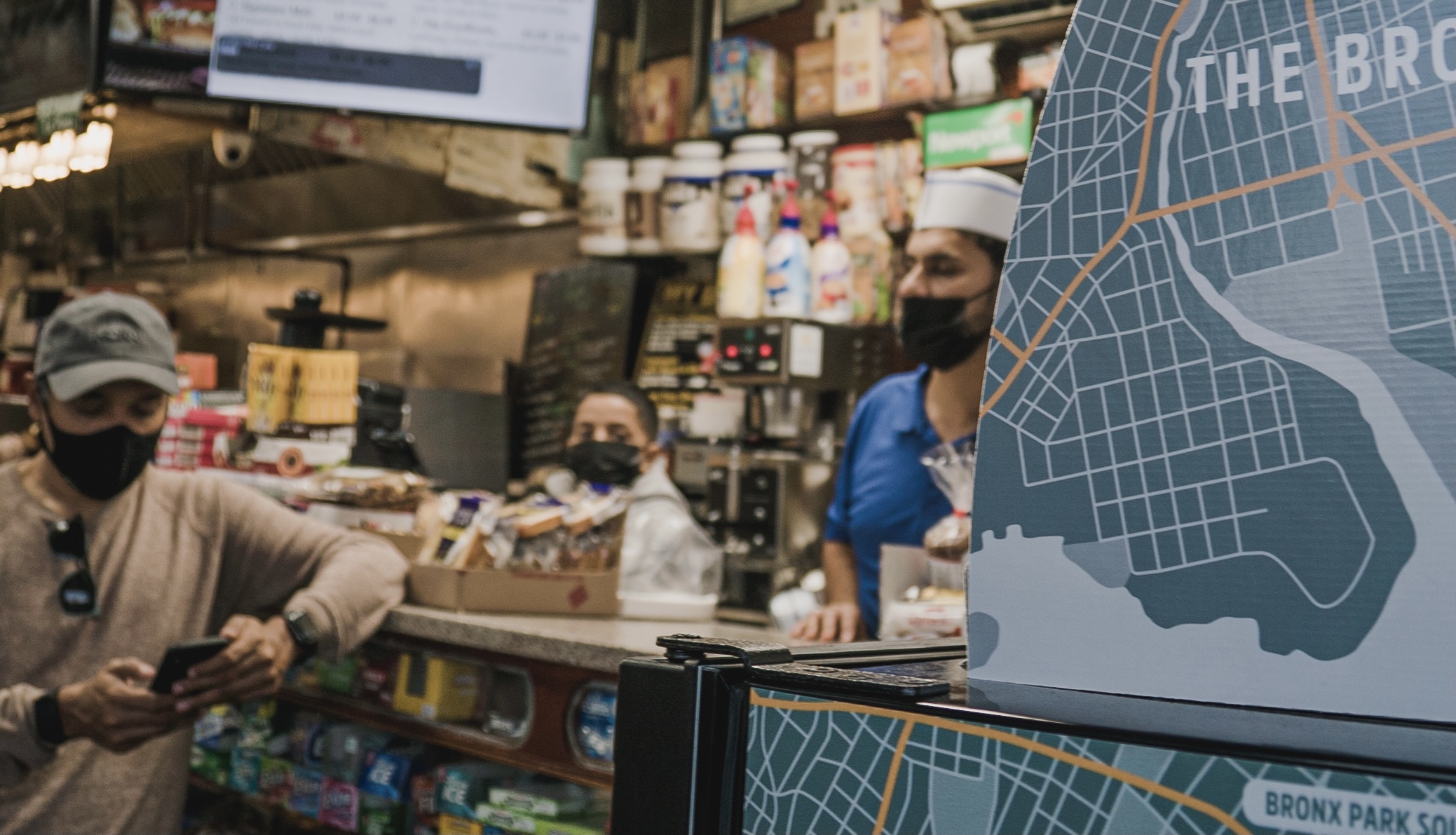
Castro, who is a native New Yorker, did a lot of the early field research that went into choosing the specific bodegas and neighborhoods. According to Chamberlin, New Yorkers often get up to 80% of their daily food from bodegas, making them the perfect hub for this kind of research. Castro spent time having conversations with bodega owners in various neighborhoods about what they thought would work for them, and whether or not they saw a market for the products and the project in their store. Much of this initial field work was primed by the work of Castro’s How to be Vegan in the Hood project.
Over the course of the project’s 12 weeks, Plantega will be hosting a variety of promotions to see which things have the most effect, including musical promotion via D.J Cavem, grill specials at the spots featuring the products, social media, and donating a portion of proceeds to local food banks.
“We’re really eager to not only get the products in the store but also understand what it really is that needs to be unlocked for more people to be able to try, enjoy, and sustain a plant-based diet. [We’re] really just learning as much as we can so that the entire plant-based community can get over the hump of some of these issues,” Chamberlin said.
The group was brought together by a mutual love and interest in the world of food, especially plant-based options.
“We all have this shared passion around food, food justice, food sovereignty, and food access. Lots more people are looking to go plant-based. It’s obviously healthier, healthier for the planet, healthier for the individual. But obviously for BIPOC communities, in urban settings, access is the barrier,” Chamberlin said. “If we remove that barrier to access and to cost could we see more and more people trying out different plant based alternatives and starting that journey?”
